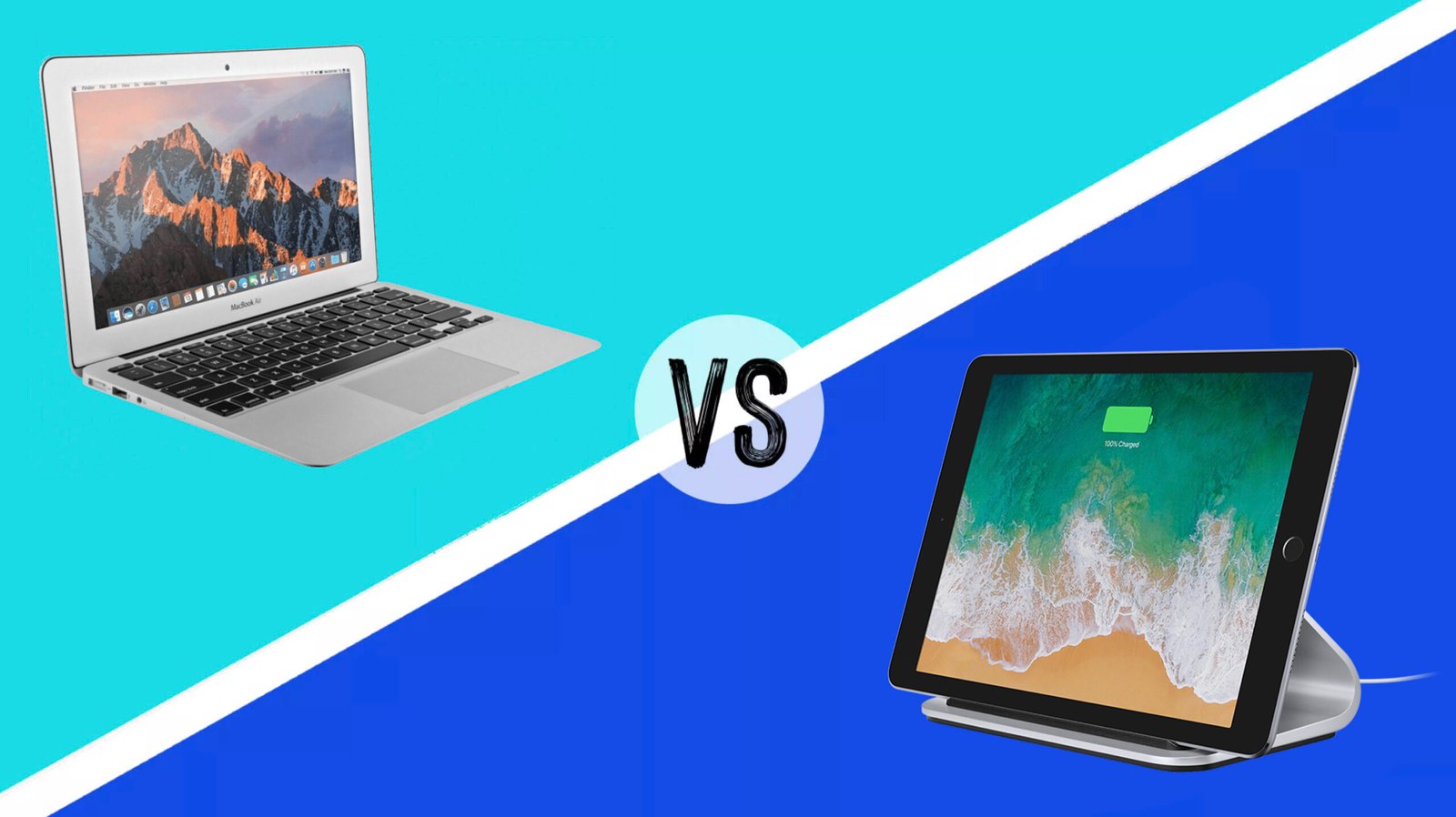When choosing between a laptop and a tablet, the decision depends on your needs and preferences. Each device has its strengths and weaknesses. This guide will help you understand the key differences and make the right choice for your lifestyle.

Portability and Convenience
Tablets are designed with portability in mind. They are lightweight, slim, and easy to carry, making them ideal for on-the-go use. Tablets are perfect for quick tasks, browsing, or reading. Laptops, though portable, are typically bulkier and heavier. However, they offer more power and versatility for complex tasks.
Performance Capabilities
Laptops generally offer superior performance compared to tablets. They come with more powerful processors, larger amounts of RAM, and better storage options. Laptops are suited for multitasking, running demanding applications, and handling complex workloads. Tablets are great for basic tasks like browsing, streaming, or using apps, but they might struggle with more intensive tasks.
Input Methods
One of the major differences between laptops and tablets is the input method. Laptops feature physical keyboards and trackpads, providing a familiar typing and navigation experience. This makes them ideal for tasks like typing documents or coding. Tablets rely on touchscreens, which are intuitive for certain tasks like drawing or playing games. Some tablets support external keyboards, but the typing experience may not be as comfortable as on a laptop.
Battery Life
Tablets typically have longer battery life than laptops. They are designed for extended use without frequent charging. This makes tablets a good choice for those who need a device that lasts all day. Laptops, especially high-performance models, tend to have shorter battery life due to their more powerful hardware.
Software and Applications
Laptops run full desktop operating systems like Windows, macOS, or Linux. This allows them to run a wide range of software, from professional applications to gaming. Tablets usually run mobile operating systems like iOS or Android. While mobile apps are growing in capability, they often lack the full functionality of desktop software. If you need specific software for work or play, a laptop might be the better choice.
Entertainment and Media Consumption
Tablets excel in media consumption. Their touchscreens, portability, and apps are tailored for streaming, reading, and casual gaming. Tablets are ideal for watching movies, reading ebooks, or playing mobile games. Laptops, while capable, might not offer the same convenience for these activities, but they provide a better experience for more demanding media tasks, like video editing or PC gaming.
Cost Considerations
Tablets are generally more affordable than laptops, especially when considering entry-level models. However, high-end tablets with accessories like keyboards or styluses can approach the cost of a laptop. Laptops, with their greater power and versatility, tend to be more expensive, but they offer better value for those needing a device for work or demanding applications.
Which Should You Choose?
Your choice between a laptop and a tablet depends on your primary use case. If you need a device for professional work, multitasking, or running demanding applications, a laptop is the clear choice. It provides the power, functionality, and versatility required for more complex tasks. On the other hand, if you value portability, convenience, and long battery life for light tasks, media consumption, or casual use, a tablet might be the better fit.
Conclusion
Laptops and tablets each have their strengths and are suited to different types of users. By considering your specific needs and how you plan to use the device, you can make an informed decision that ensures you get the most out of your purchase. Whether you opt for the power and versatility of a laptop or the convenience and portability of a tablet, both offer unique benefits that can enhance your digital experience.











